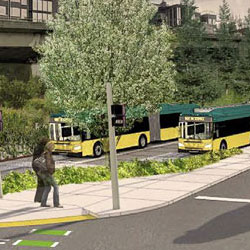Programs & Projects
Learn about Metro's drive to provide the best overall total transit experience and value for our customers, communities and transportation partners.

Learn about Metro's drive to provide the best overall total transit experience and value for our customers, communities and transportation partners.
